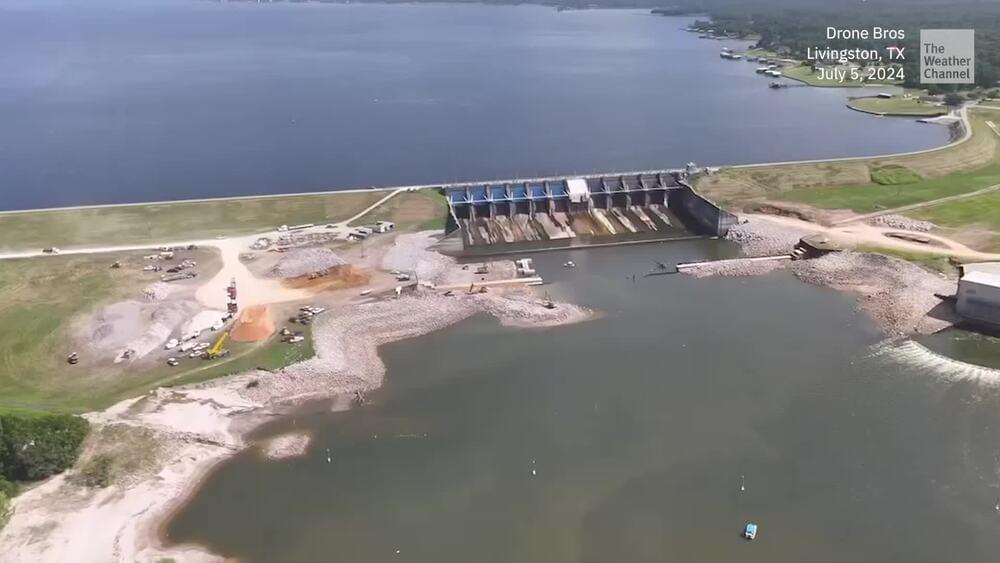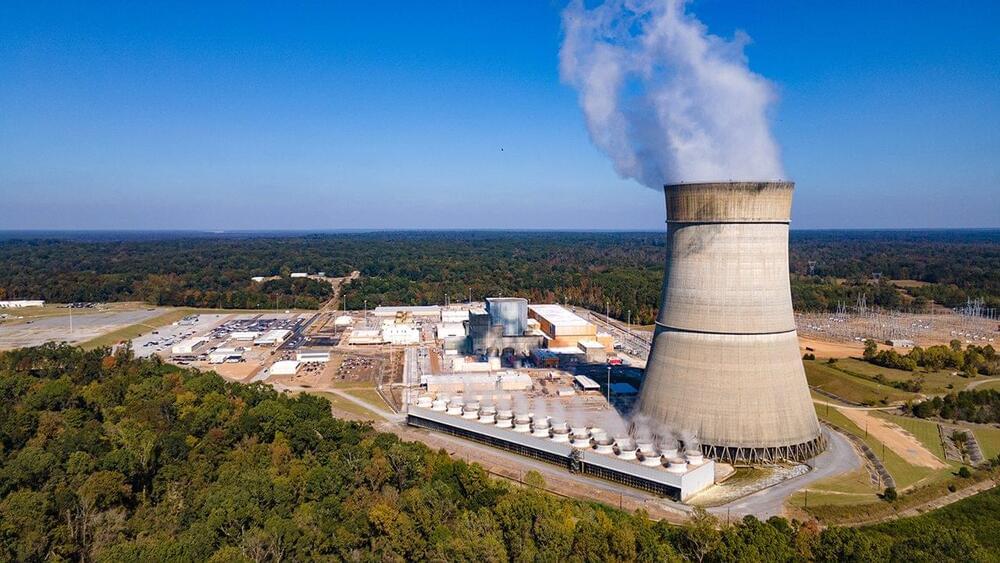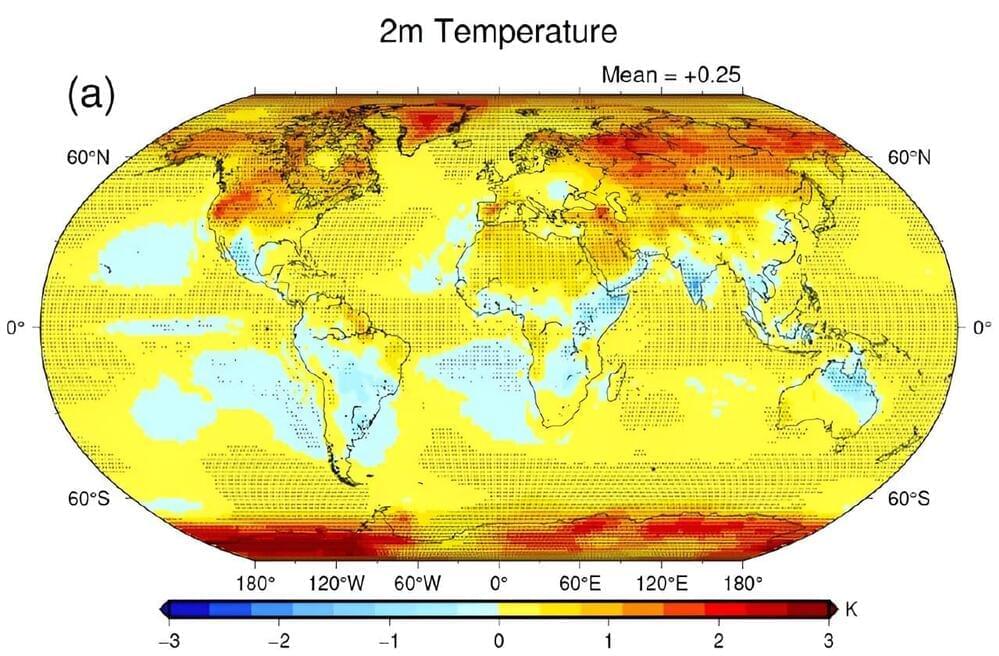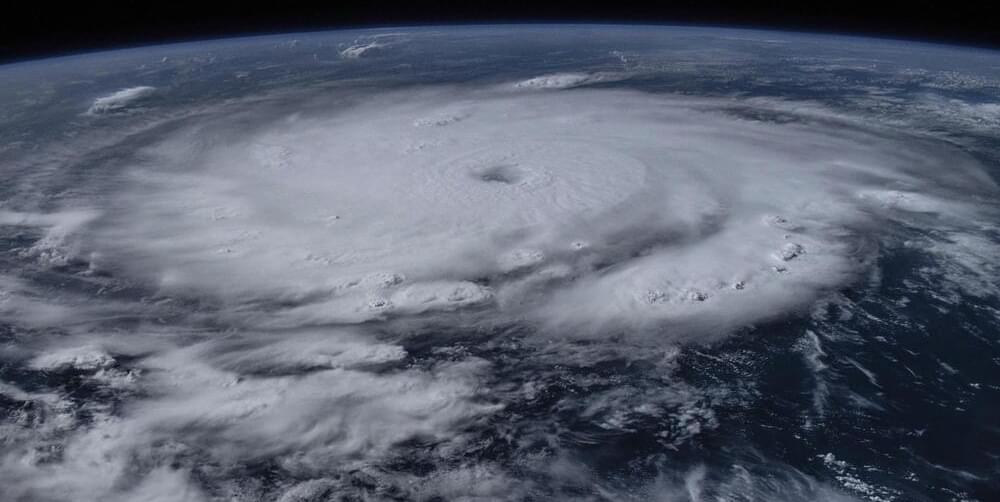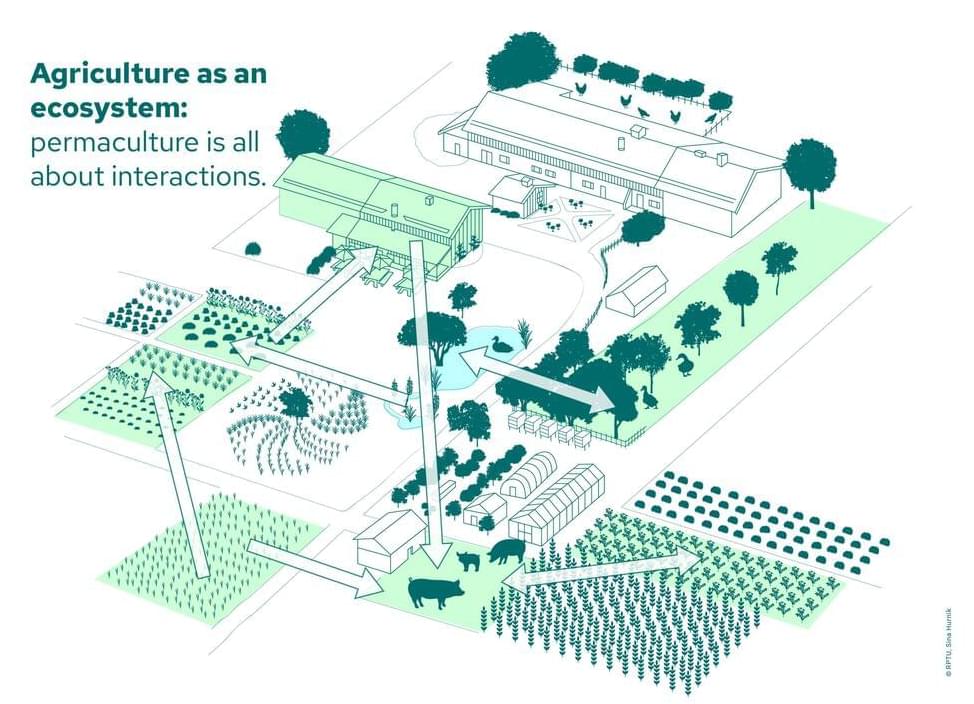Jul 8, 2024
9000-year-old ‘Stonehenge-like’ structure discovered at the bottom of Lake Michigan
Posted by Genevieve Klien in category: climatology
Dr. Mark Holley, a distinguished underwater archaeology professor at Northwestern Michigan University, recently unearthed a prehistoric structure in the bay that has drawn comparisons to England’s iconic Stonehenge. Located approximately 40 feet beneath Lake Michigan’s surface, this remarkable find is poised to transform our understanding of the region’s ancient history.
The submerged stones, although smaller than those at Stonehenge, appear to be meticulously arranged. These stones, varying in size from basketballs to compact cars, form a meandering line over a mile long. Among them, a particularly notable rock stands out. It measures three and a half to four feet tall and five feet wide, and features a carving of a mastodon—a testament to an era when these majestic creatures roamed the Earth.
The stones are estimated to be around 9,000 years old, predating Stonehenge by about 4,000 years. This period follows the end of the Ice Age and the formation of Grand Traverse Bay, when the lake bed had not yet been submerged.

